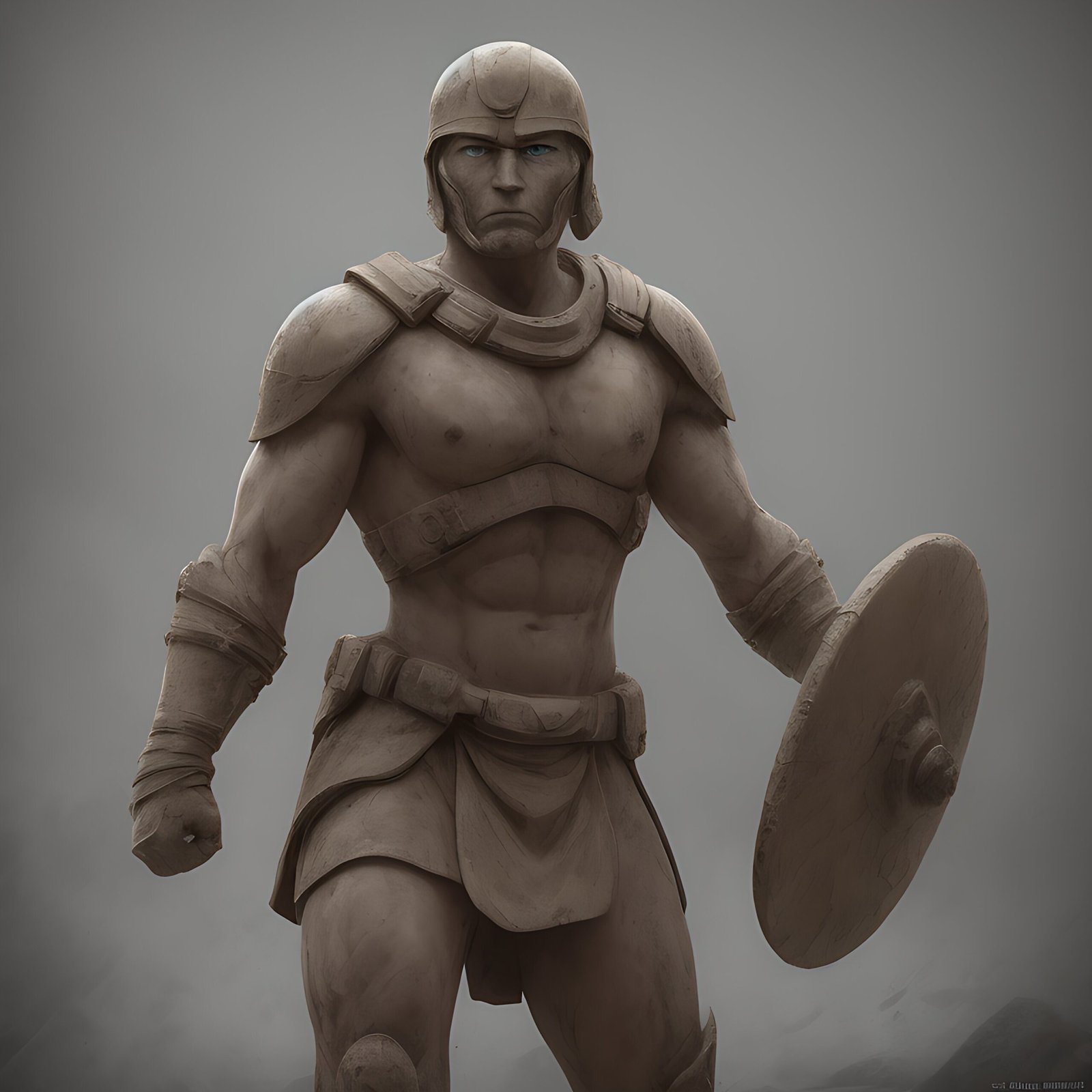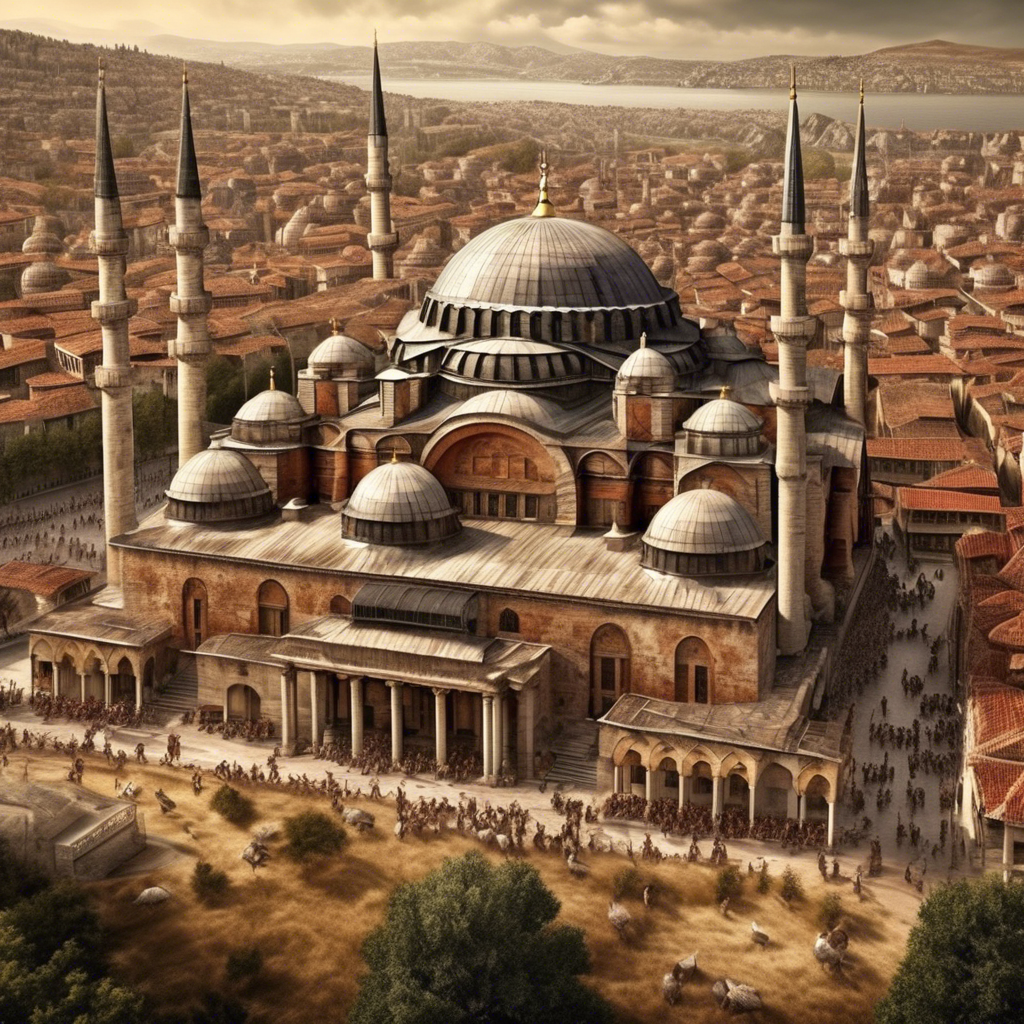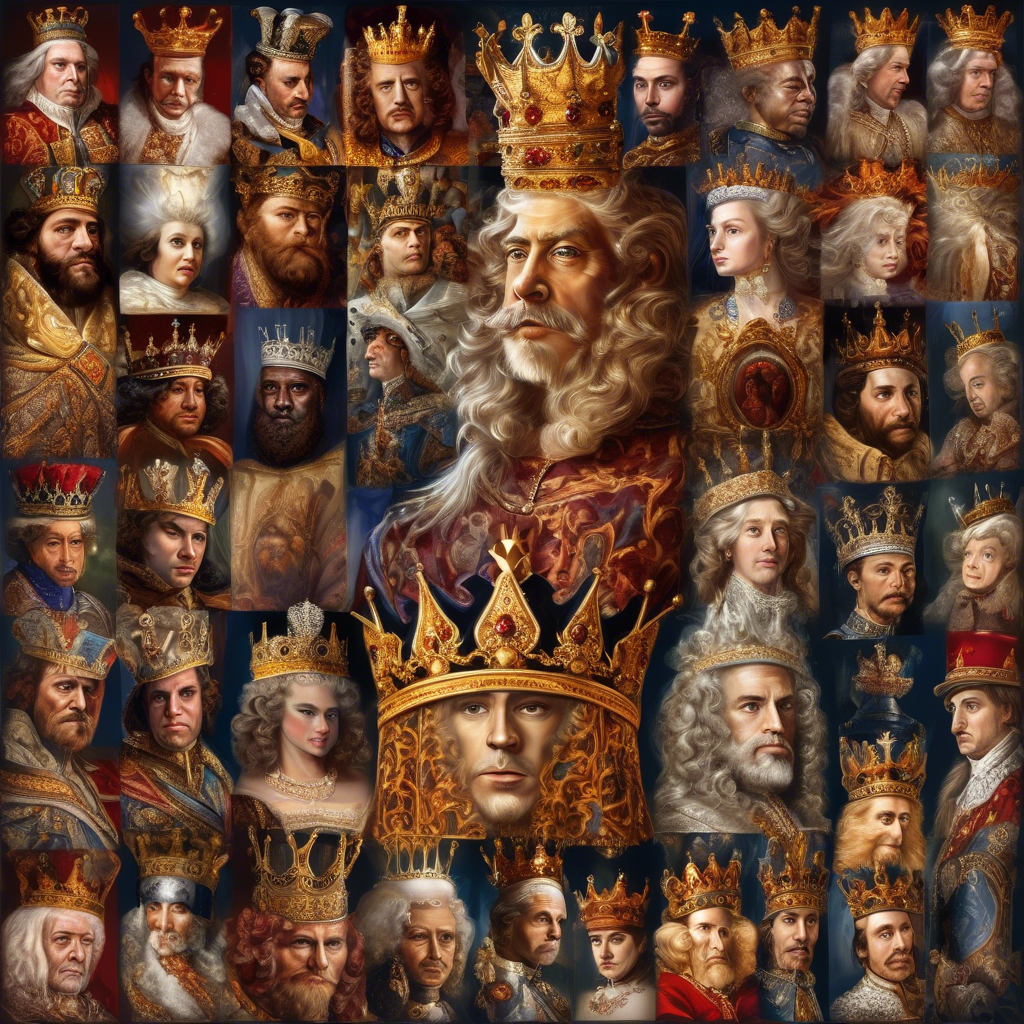
1. Introduction
The Spartan city-state, renowned for its military prowess and unique societal structure, stands as a symbol of ancient Greek civilization. This project delves into the rise and fall of Sparta, exploring its origins, society, military power, political structure, decline, and enduring legacy. By examining the complexities of Spartan society and governance, we aim to uncover the factors that shaped the trajectory of this iconic city-state.
Overview of the Project
The project focuses on tracing the evolution of the Spartan city-state from its foundation to its eventual decline, highlighting key events, societal norms, and military achievements that defined Sparta’s identity. Through a comprehensive analysis of Spartan history and culture, we seek to unravel the enigma of this militaristic society and its lasting impact on ancient Greece.
Importance of Studying the Spartan City-State
Studying the Spartan city-state provides valuable insights into the dynamics of ancient Greek politics, military strategies, and social structures. The legacy of Sparta resonates through history, influencing military tactics, governance systems, and cultural perceptions. By delving into the intricacies of Spartan society, we gain a deeper understanding of the complexities of ancient city-states and their enduring legacies.
Objectives of the Project
The objectives of this project are to explore the historical background of Sparta, analyze its societal and cultural norms, dissect its political structure, examine its military power, investigate the factors contributing to its decline, and evaluate the lasting legacy of the Spartan city-state. Through a multidimensional approach, we aim to present a comprehensive study of Sparta’s rise and fall.
2. Historical Background
Origin and Founding of Sparta
Sparta, located in the region of Laconia in ancient Greece, was founded in the 9th century BC by the Dorians. Known for its militaristic ethos and emphasis on discipline, Sparta evolved into a dominant city-state in the Peloponnese.
Development of the Spartan Society and Government
Spartan society was structured around the principles of austerity, discipline, and military excellence. The social hierarchy, with citizens, non-citizens, and helots, shaped the fabric of Spartan society. The government, characterized by a unique dual kingship and council of elders, reflected the militaristic nature of the city-state.
Military Prowess and the Role of the Spartan Army
The Spartan army, renowned for its discipline and skill in combat, played a central role in shaping Spartan identity. From rigorous training in the agoge to the formation of the hoplite phalanx, the Spartan military machine was a formidable force in ancient Greece.
3. Society and Culture
Social Classes in Sparta
Spartan society was divided into distinct social classes, with citizens (Spartiates), non-citizen (Perioikoi), and helots occupying different roles. The Spartiates, who underwent military training from a young age, formed the elite warrior class.
Education and Upbringing of Spartan Citizens
The education system in Sparta, known as the agoge, focused on physical fitness, military training, and discipline. Young Spartan boys underwent rigorous training to prepare them for a life of military service and civic duty.
Women in Spartan Society
Women in Sparta enjoyed more rights and freedoms compared to other Greek city-states. They received physical education, could own property, and had a significant role in managing household affairs. Spartan women were expected to produce healthy offspring to strengthen the city-state.
Religious Beliefs and Practices
Religion played a vital role in Spartans society, with a focus on honoring the gods and ancestral traditions. The Spartans worshipped deities such as Apollo, Artemis, and Athena, and religious festivals and rituals were integral to Spartan culture.
4. Political Structure
Dual Kingship in Sparta
Sparta was ruled by two hereditary kings from two separate royal families, believed to trace their lineage back to Heracles. The dual kingship system provided a balance of power and ensured continuity in leadership.
The Gerousia (Council of Elders)
The Gerousia, composed of 28 elders over the age of 60, served as the advisory body in Spartan governance. The council deliberated on important matters and helped shape policies and decisions.
The Ephors and Their Role in Governance
The five Ephors, elected annually, held significant power in Spartan politics. They supervised the kings, managed public affairs, and acted as a check on the authority of the kings and the Gerousia.
The Assembly (Apella) and Decision-Making in Sparta
The Apella, comprised of Spartan citizens over the age of 30, had the authority to vote on important issues and decisions. The assembly served as a forum for public discourse and collective decision-making in Spartan society.
5. Military Power
Training and Organization of the Spartan Army
The Spartan army, known for its discipline and cohesion, underwent rigorous training from a young age. The agoge curriculum instilled military skills, physical fitness, and unwavering loyalty to the city-state.
The Importance of Military Service in Spartan Society
Military service was a cornerstone of Spartan society, shaping the identity and values of its citizens. Spartiates were expected to prioritize military training and readiness for combat, with the ultimate goal of defending Sparta and expanding its influence.
Famous Battles Involving Sparta (e.g., Battle of Thermopylae)
Sparta gained renown for its military prowess in battles such as the Battle of Thermopylae, where King Leonidas and a small force of Spartans famously held off a massive Persian army at the narrow pass of Thermopylae, showcasing their skill in combat and unwavering determination. The sacrifice of Leonidas and his men became a symbol of Spartan bravery and resilience in the face of overwhelming odds.
6. Decline and Fall
Factors Leading to the Decline of Sparta
Despite its military strength and disciplined society, Sparta faced internal and external challenges that contributed to its decline. Economic stagnation, social unrest, and political upheaval weakened the foundation of the city-state over time.
The Impact of the Peloponnesian War
The Peloponnesian War, a protracted conflict between Athens and Sparta, strained the resources and alliances of both city-states. Sparta’s victory in the war came at a high cost, leading to a period of instability and uncertainty in the aftermath.
Consequences of the Defeat by Thebes at the Battle of Leuctra
The decisive defeat of Sparta by Thebes at the Battle of Leuctra in 371 BC marked a turning point in Spartan history. The loss shattered the myth of Spartan invincibility and weakened its influence in the region.
The End of the Spartan City-State
The decline of Sparta culminated in its eventual absorption into the Achaean League in the 2nd century BC. The once formidable city-state lost its autonomy and significance, fading into obscurity as the Hellenistic world evolved.
7. Legacy of Sparta
Influence of Spartan Military Tactics and Discipline
The military tactics and discipline of the Spartans left a lasting impact on ancient warfare. The emphasis on phalanx warfare, training, and cohesion influenced military strategies for centuries to come, shaping the tactics of future armies.
Perceptions of Sparta in Modern Times
Sparta’s disciplined society and military prowess have captured the imagination of modern historians, writers, and filmmakers. The enduring image of the Spartan warrior, epitomized by the Battle of Thermopylae, continues to inspire popular culture and historical interpretations.
Lessons Learned from the Rise and Fall of Sparta
The rise and fall of Sparta offer valuable lessons in governance, military strategy, and societal dynamics. The strengths and weaknesses of the Spartan city-state provide insights into the complexities of ancient civilizations and the challenges of maintaining power and stability.
8. Conclusion
In conclusion, the study of the rise and fall of the Spartan city-state reveals a complex tapestry of military might, social structure, and political dynamics. By examining the historical background, societal norms, and military achievements of Sparta, we gain a deeper appreciation for the challenges and triumphs of ancient Greek civilization. The legacy of Sparta, with its enduring influence on military tactics and cultural perceptions, serves as a testament to the enduring legacy of this iconic city-state.
9. References
– Cartledge, Paul. “Sparta and Lakonia: A Regional History 1300-362 BC.” Routledge, 2002.
– Lazenby, John F. “The Spartan Army.” Aris & Phillips, 1985.
– Plutarch. “Lives: Lycurgus and Numa.” Penguin Classics, 1973.




Leave a Reply